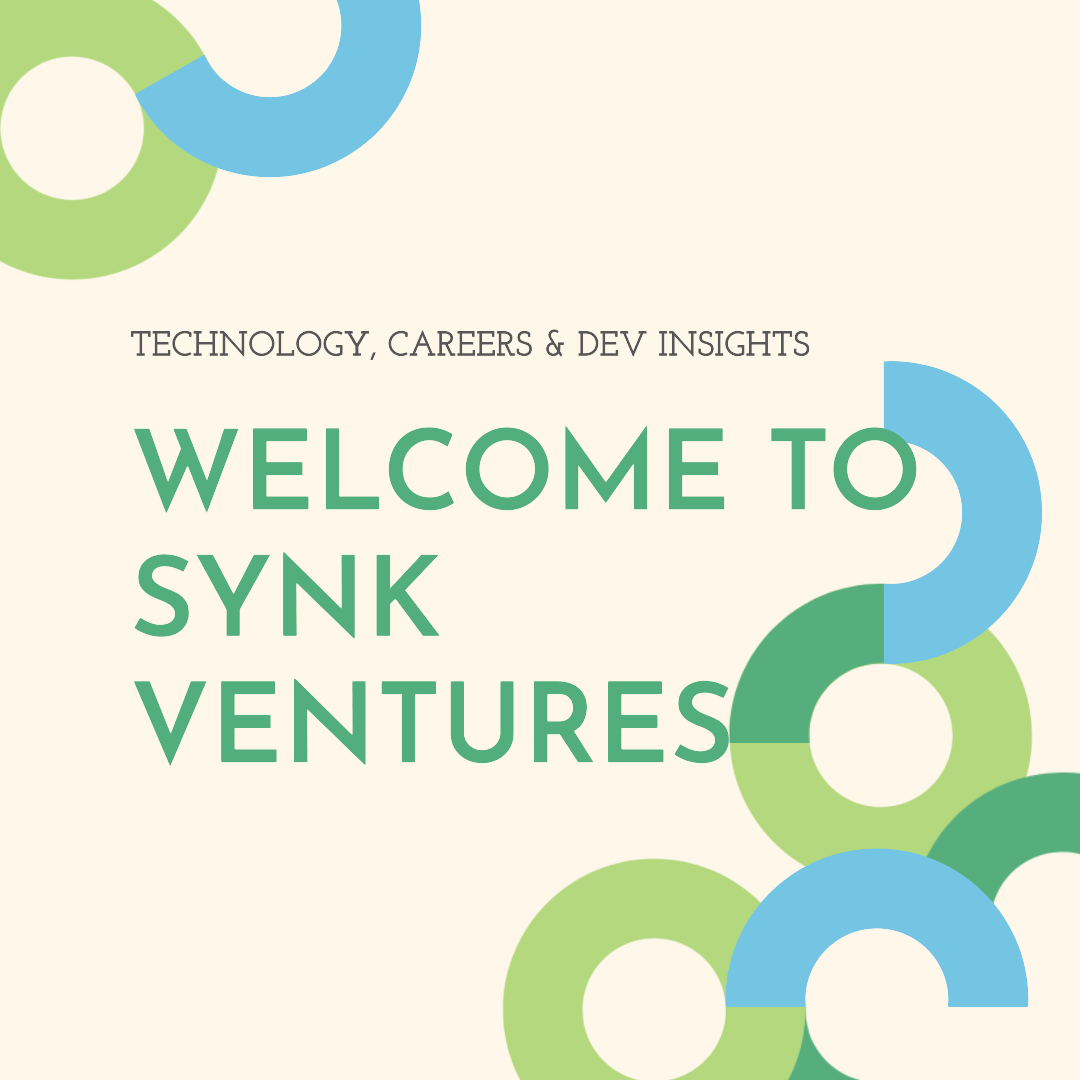Subscribe to my channel https://www.youtube.com/channel/UC6vLzWN-3aFG8dgTgEOlx5g, you may read the article further below or watch the video for a quick summary
In an era defined by rapid technological advancements, the roles of Scrum Masters and Agile Coaches are not immune to the impact of artificial intelligence (AI). As organizations strive to optimize their processes and embrace agile methodologies, it’s natural to wonder if these roles are at risk. However, a closer look reveals that Scrum Masters and Agile Coaches possess unique qualities that are challenging for AI to replicate. In this article, we explore how AI might influence these roles and why their future remains promising.
Adapting to the Age of AI
AI is undeniably transforming the workplace by automating repetitive and data-intensive tasks. Scrum Masters, for instance, often find themselves managing backlogs, updating charts, and generating status reports. These tasks are prime candidates for automation, freeing up Scrum Masters to invest more time in their primary role—facilitating collaboration within agile teams.
Example: AI-driven tools can analyze historical sprint data to identify patterns and bottlenecks, enabling Scrum Masters to make data-informed decisions for process improvement.
Similarly, Agile Coaches can leverage AI to gain insights from vast datasets, helping teams make more informed choices in their Agile journey. This augments their ability to guide teams toward better practices and outcomes.
The Human Touch
While AI can assist with data analysis and automation, it falls short when it comes to the indispensable human aspects of these roles. Scrum Masters and Agile Coaches are adept at fostering open communication, resolving conflicts, and providing guidance in complex human interactions.
Example: Imagine a team facing a significant setback. An Agile Coach’s empathetic approach can help team members navigate emotions and setbacks, fostering resilience and collaboration. AI lacks this emotional intelligence.
Furthermore, Agile methodologies emphasize adaptability and context awareness. Agile Coaches excel at tailoring Agile practices to the unique context of each organization, a task that is challenging for AI without human judgment and understanding.
Leadership and Inspiration
Agile leaders play a vital role in inspiring teams to embrace change and continuous improvement. Scrum Masters and Agile Coaches motivate team members, creating an environment of trust and accountability that is difficult for AI to replicate.
Example: During a transformational phase, a Scrum Master’s leadership can be the driving force behind a team’s commitment to Agile principles. AI cannot inspire or motivate in the same way a human leader can.
Conclusion
In a world increasingly shaped by AI, Scrum Masters and Agile Coaches remain invaluable assets to organizations. While AI can streamline routine tasks and offer data-driven insights, it cannot replace the essential human qualities these roles bring to the table. Their expertise in fostering collaboration, adapting to unique contexts, providing leadership, and solving complex problems ensures their continued relevance.
To thrive in the evolving job landscape, Scrum Masters and Agile Coaches should focus on enhancing their interpersonal skills, leadership abilities, and adaptability, while also harnessing AI to augment their capabilities. By embracing both human and technological strengths, these professionals can navigate the AI-driven future and continue to drive organizational success through Agile methodologies.



Leave a comment